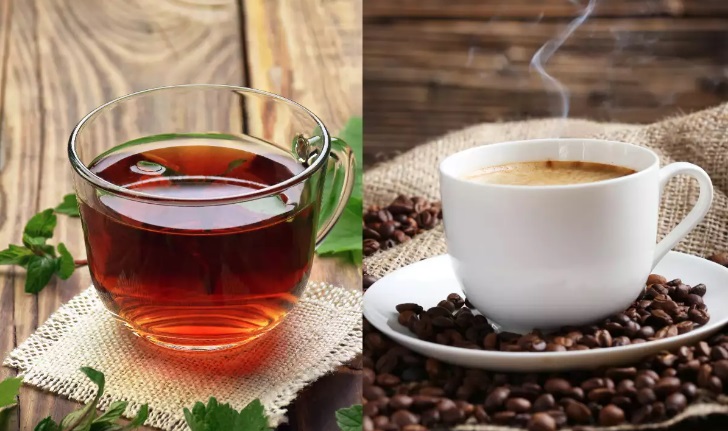Flu cases with Covid-like symptoms rise in India, Centre issues advisory: Top points
First Published: 5th March, 2023 10:27 IST
The flu due to Influenza A subtype H3N2, which has been in wide circulation for the past two-three months, causes more hospitalisations than other subtypes
As several parts of India grapple with persistent cough, sometimes accompanied by fever, the Centre has issued an advisory. The advisory suggests a list of dos and don’ts for people to follow to protect themselves from contracting the flu, which has Covid-like symptoms.
The flu due to Influenza A subtype H3N2, which has been in wide circulation for the past two-three months, causes more hospitalisations than other subtypes.
Here’s what we know about the rise in flu cases:
- The Indian Council of Medical Research (ICMR) said the rise in flu cases is due to the Influenza A subtype H3N2 virus. The H3N2, which has been in wide circulation for the past two to three months, causes more hospitalisations than other subtypes, it said.
- The Indian Medical Association (IMA) has said the fever goes away at the end of three days, but the cough can persist for up to three weeks. It has advised against the indiscriminate use of antibiotics.
“Right now, people start taking antibiotics like Azithromycin and Amoxiclav etc, that too without caring for done and frequency and stop it once start feeling better. This needs to be stopped as it leads to antibiotic resistance. Whenever there will be a real use of antibiotics, they will not work due to the resistance,” the IMA said in a statement.
- The viral cases mostly occur in people aged below 15 and above 50 and cause upper respiratory infections along with fever, the IMA said. The association also asked doctors to prescribe only symptomatic treatment and not antibiotics.
The most misused antibiotics are Amoxicillin, Norfloxacin, Oprofloxacin, Ofloxacin and Levofloxacin. These are being used for the treatment of diarrhoea and UTI, IMA said.
- The ICMR has issued dos and don’ts to protect oneself from the infection. The dos include regularly washing hands with soap and water, wearing face masks, and avoiding crowded areas. In cases of fever and bodyache, the ICMR has advised the use of paracetamol.
- The dont’s include not to shake hands or use other contact-based greetings, not to self-medicate. The ICMR has said antibiotics and other medicines should only be taken after consulting a doctor.
Credit: India Today
COMMENTS

TOPMOST STORY NOW

Live Assam: After 43 Years, Cong’s Hussain Family Bastion Samaguri Falls, BJP New Comer Diplu Ranjan Wrests Seat with 78,789 votes
23rd November 2024
Live We Don’t Have Culture of Use and Throw: CM Conrad on Allies After Wife Wins Gambegre, Party Tally Goes Up to 32
23rd November 2024
Live Security Advisor Kuldiep Singh, DGP Rajiv Singh Inspects Indo-Myanmar Border and Fencing Projects
23rd November 2024
Live Assam Bypoll Results: NDA Sweeps 5 Seats, Heartbreak for Cong as its Samaguri Fort Falls
23rd November 2024WE RECOMMEND

Can Your Morning Milk Make Antibiotics Useless?
This effect is particularly problematic for specific types of antibiotics, which are essential drugs used to treat bacterial infections.
21st October 2024
Diet has significant impact on risk of Alzheimer’s disease: Research
Diet has significant impact on risk of Alzheimer's disease: Research
18th September 2024
Beat the heat: 5 irresistibly refreshing mango drinks to try this summer!
Here are five mango drinks that will cool you down and tantalize your taste buds.
07th June 2024
5 essential tips to prevent dehydration and heat stroke
Here are five tips to keep you safe and cool during the sweltering months:
23rd May 2024
ICMR warns against sipping tea or coffee just before or after meals. Here is why
While the ICMR has not asked people to completely avoid tea or coffee, but it has cautioned consumers to beware of the caffeine content in these beverages.
14th May 2024

